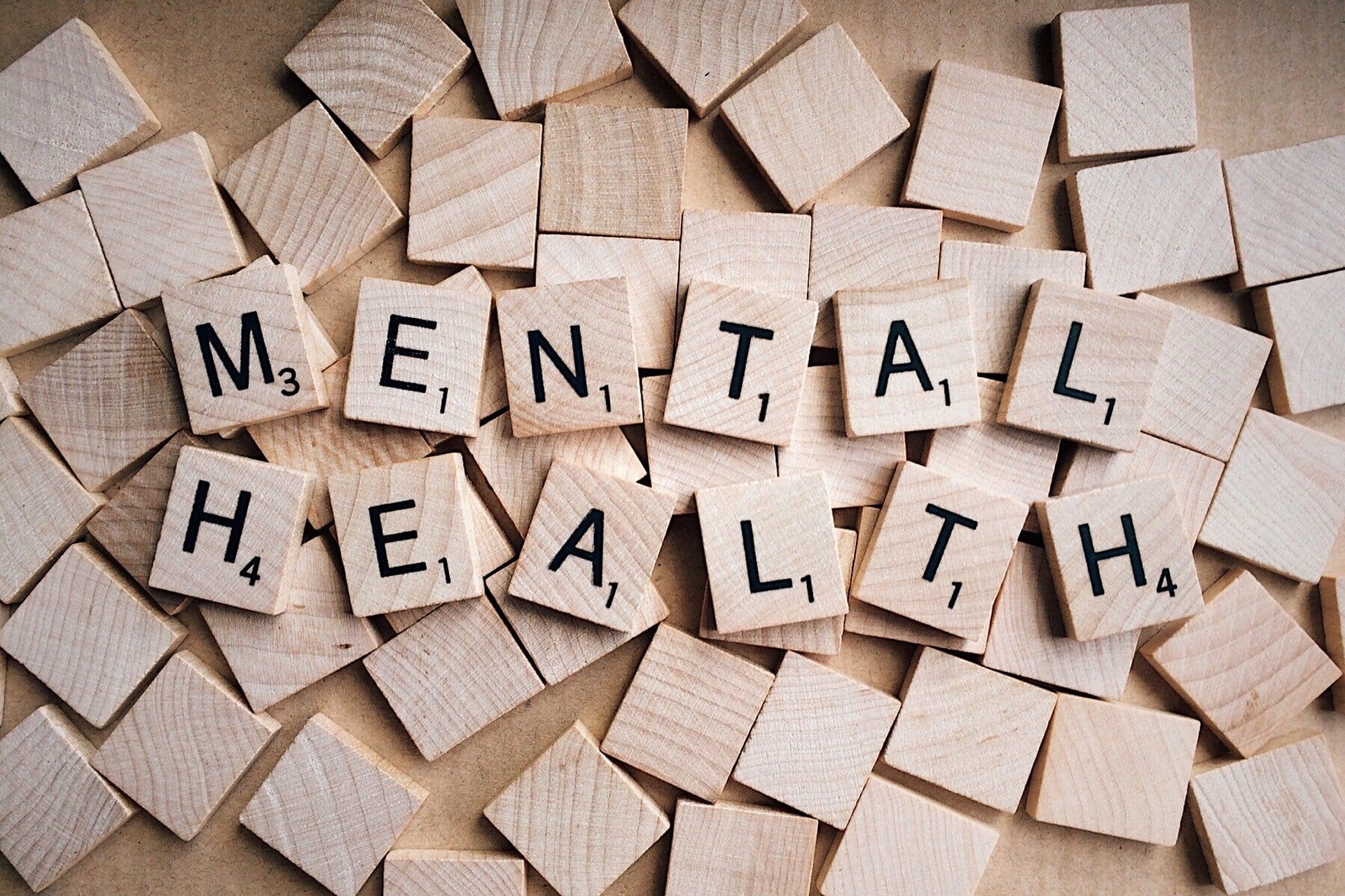Did you know that a healthy cholesterol level is less than 200 milligrams per deciliter? However, close to 94 million people in the US age 20 or older have readings higher than that. There are even 28 million whose total cholesterol levels exceed 240 mg/dL!
Unfortunately, high cholesterol levels give rise to cardiovascular diseases (CVD), such as atherosclerosis. Atherosclerosis, in turn, can lead to heart attack, stroke, or worse, death.
For those reasons, it’s imperative to treat high cholesterol levels without delay. This guide covers the basics of high cholesterol treatment, so be sure to read on.

Proper Diet
After your meals, your body converts the calories you don’t use into triglycerides. These are fats found in the blood, which the body then stores into fat cells to use as a source of energy later.
Unfortunately, having too many triglycerides can raise your risks for CVD. This can happen if you often consume food high in saturated fats and trans fats.
Both fats occur in red meat and dairy products, but baked goods and fried foods are also high in saturated fats. On the other hand, hydrogenated vegetable oil contains high levels of trans fats.
Your doctor is likely to advise cutting down on these foods if you have high cholesterol levels. Instead, the doc would tell you to focus on whole grains and fresh veggies and fruits. Monounsaturated fats, like those in olive oil, can also help trim high triglycerides.
You may also like Quick Perks of Taking Garcinia Cambogia in Your Life
Weight Management
Losing even only 5% to 10% of your body weight can help lower high cholesterol levels. So, if you weigh 180 pounds, shedding even just 9 to 18 pounds can already help. You can then lose more weight gradually to control your cholesterol levels better.
Exercise is one of the best ways to lose weight and, therefore, treat high cholesterol. For starters, regular aerobic activity makes the body use more stored fats. As a result, the body can chip away at the triglycerides it stored earlier.
In addition, aerobic exercise can increase the amount of HDL (high-density lipoprotein) cholesterol. HDL cholesterol, in turn, is the “good” type of cholesterol in the blood. It’s beneficial because it helps reduce triglyceride levels.
High Cholesterol Medications
Statins are medicines that block a substance the liver requires to make cholesterol. Moreover, they cause the liver to eliminate cholesterol from the blood. Some examples of statins are atorvastatin, fluvastatin, and rosuvastatin.
Statins are usually the first-line therapy for most people with high cholesterol. However, they work best when combined with proper diet and exercise.
Your doctor may also prescribe a cholesterol absorption inhibitor on top of a statin. Ezetimibe is one example; it limits the blood’s absorption of dietary cholesterol.
You may also like 5 Best Therapies for Mental Health
Treat High Cholesterol Before It Worsens
Always keep in mind that failure to treat high cholesterol can put you at severe risk for heart diseases. For instance, those who have it for 11 years have double the risk compared to those who have it for ten years or less.
As such, the sooner you reduce your cholesterol levels, the better for your heart and health.
Ready for more health guides like this? Please feel free to browse our most recent news and blog posts then!
![]()













